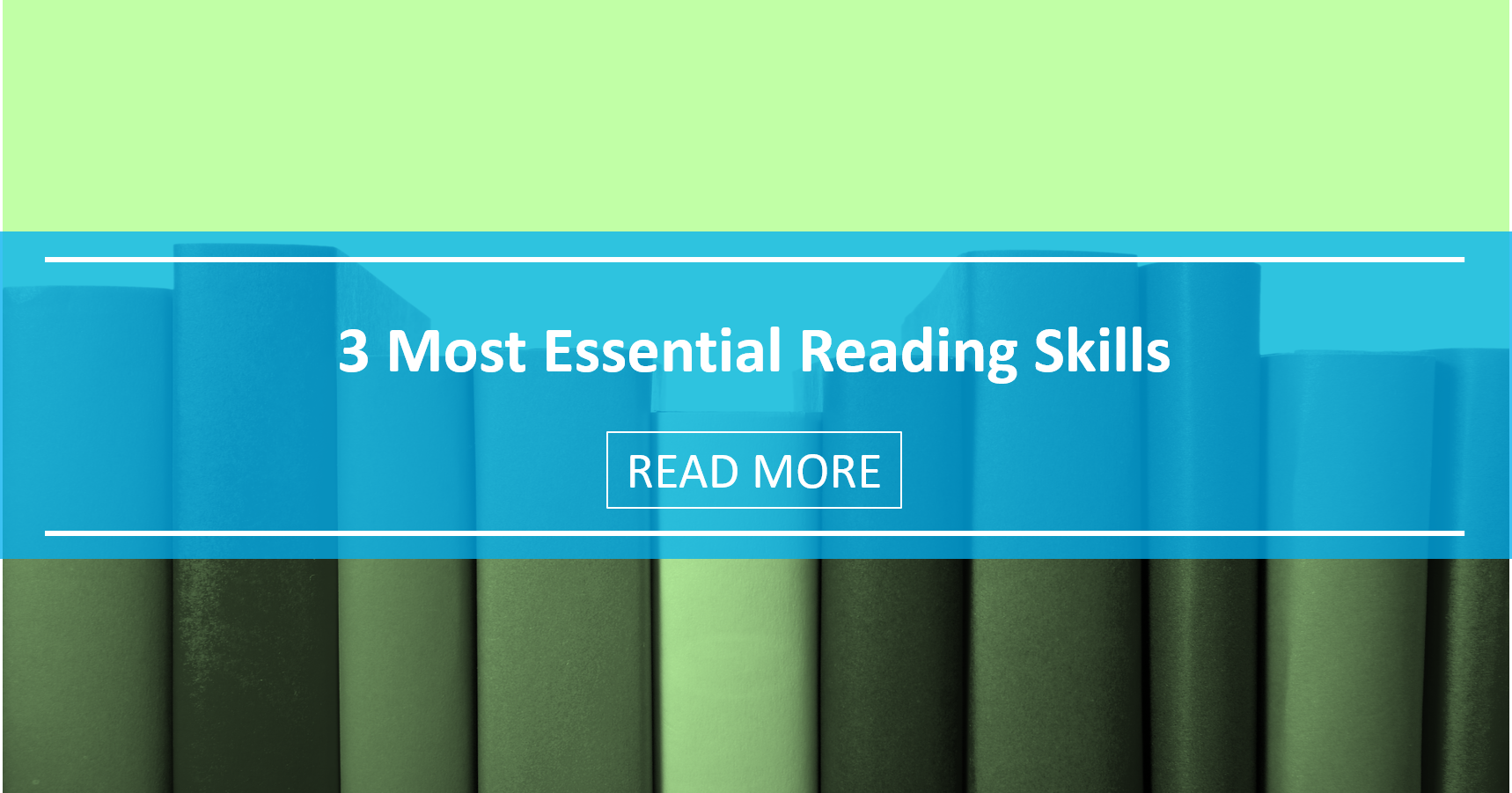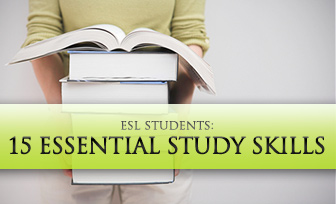3 Most Essential Reading Skills Your Students Need


A large percentage of ESL students, especially those who travel to the U.S. to study the language, do so in preparation for higher education in the U.S. They plan to pursue undergraduate or graduate studies at a college or university. Students focus on English until their language skills are at a high enough level that they can flourish in English only classes. These students, however, will need more than just language skills if they are going to succeed in an American college or university. Here are some essential study skills that ESL students will need for success in higher education.

One of the most popular reading strategies for textbooks is the SQ4R method. When students follow these steps, they will process and remember information better, and their textbooks are sure to be full of important information. These are the six steps to this reading strategy. Teaching your students this process can make a significant difference in how productive their study time is.
Understanding lectures will likely be one of the biggest challenges ESL students face when they enroll in fulltime English classes. Active listeners listen with the intent of understanding and learning new information, and collegiate success depends on being this type of listener. Make sure your students are ready to make the most of their lecture time by teaching them these skills for active listening in the classroom.
Once they have read the text and listened to the lecture, your students will most likely be tested on the information. Here are some tips to help your students do their best when it’s time for the number 2 pencils!
When your students are ready, teach them these skills to help them make the most of their college careers and let them know that you are confident of their success. Looking for more free study skills worksheets? Visit the Study Skills and Strategies page at Help Teaching.
What percentage of your students will continue on to an English college or university?